In the dynamic world of auto recycling, Dan Snyder, CEO of Snyders and Wrench a Part, a Texas-based automotive and truck salvage operation, reflects on decades of industry evolution. From modest beginnings in 1988 to facing corporate consolidators today, Snyder emphasizes strategic planning’s critical role. Drawing on past challenges, he advocates for proactive decision-making to secure business futures. His insights, honed through experience, underscore the importance of vision and execution. He urges fellow recyclers to embrace change, seek guidance, and take decisive action. With pragmatic advice and a call to action, Snyder inspires a new generation to dream big and plan now for a resilient auto recycling business poised for success.
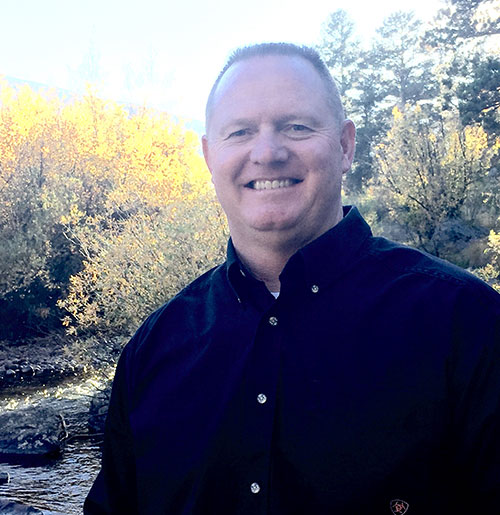
The automotive recycling industry has been very good to me and my family. I am a first-generation recycler who partnered with my father right toward the end of what many ‘old timers’ considered ‘the good old days’ in the Automotive Recycling business. The year was 1988. I had graduated from college just days before, and my father was looking for an exit from his career in construction as a pipefitter/welder. We started with ten acres of a plowed field and quickly built a three-bay building with a small office and two bathrooms.
Those meager beginnings plodded along for about ten years of slow but solid growth. In the mid-1990s, my younger brother joined our little company, and a few years later, the first ‘big news’ shattered our industry. Consolidation had found the automotive recycling world by way of LKQ and Greenleaf (Ford Motor Company). The fear and concern among those in our industry was palpable. How would these largely family-owned recyclers compete with the seemingly endless deep pockets of the consolidators?
Fast forward 30 years. Today, we see, feel, and hear the same concerns. How will the independent recyclers survive the onslaught of what seems like an endless supply of Private Equity money? The answer to that question about our future lies in our past. The parallels between the late 1990s and early 2000s are eerily similar to what is occurring in our industry today. Many of the large players are being swept up by one of the consolidators into what ‘feels’ like a juggernaut that cannot be defeated.
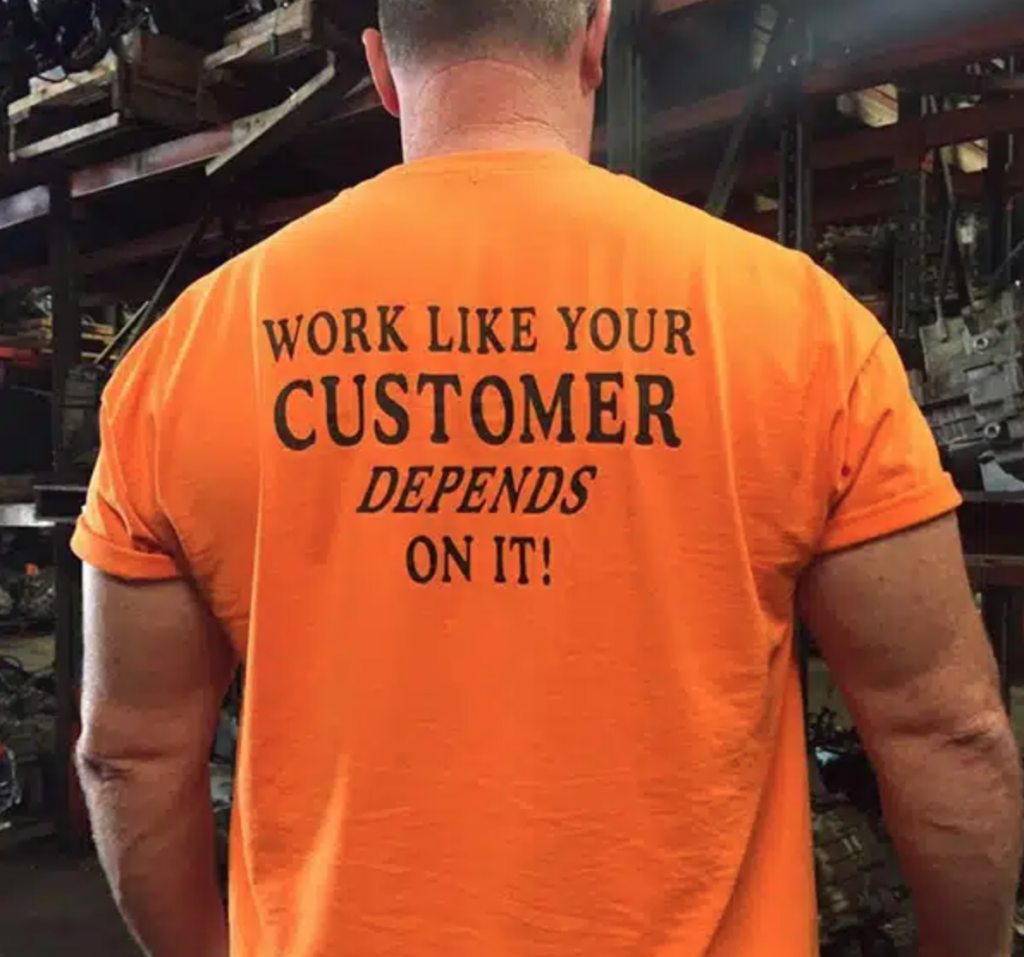
The history of our industry has shown us that we do not need to defeat these entities. We merely need to compete with them. Many powerful, independently owned recyclers rose from that first round of consolidations. Many of them became bigger, better, and more customer-centric than they ever anticipated was possible. Many of them are dear friends of mine who are now the ones who have been consolidated into the massive organizations that we instinctively fear. The lessons have already been written. We just need to read the book.
Two very good friends of mine were on the leading edge of that fight to compete with the consolidators in 1999. One is now retired after selling his business to a consolidator; the other is a well-respected consultant in our industry. These two had the vision and foresight to come up with a plan to compete. A plan not only to survive but to flourish. I was blessed to be caught up in that vision, and as a result, our business has grown to heights I would never have dreamed possible 30 years ago. The key to that growth and success was first the plan and then the execution of that plan.
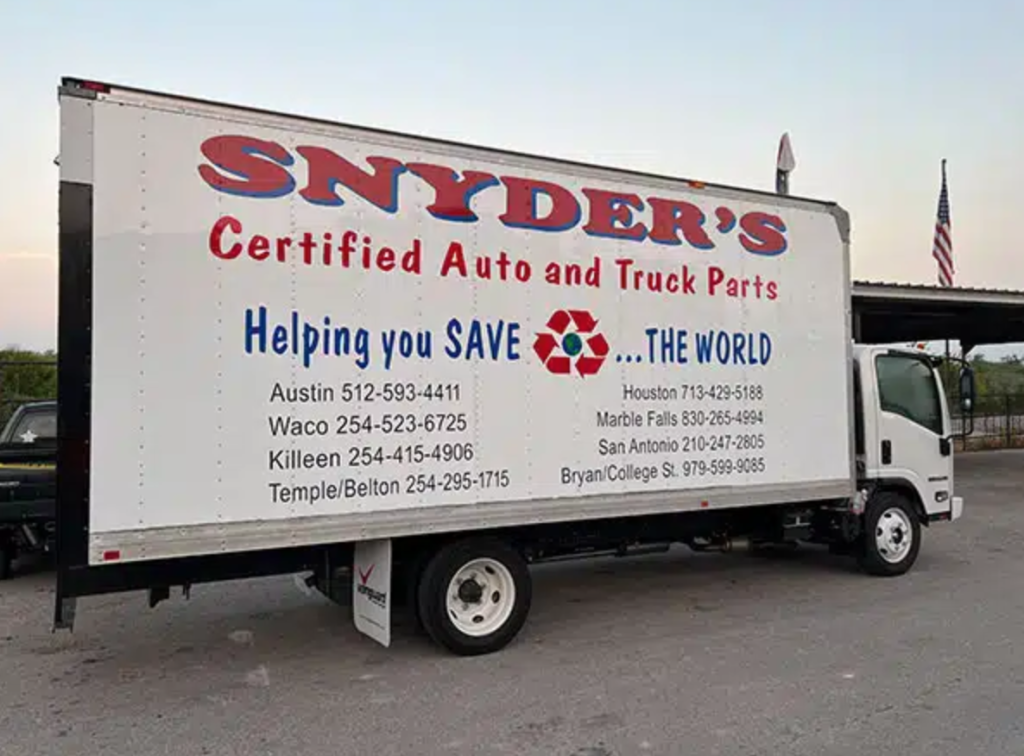
Each one of you must do the same. When it comes to your business and what that business will do in the future, it is up to you. Find a dark room somewhere, or maybe a quiet porch at sunset. Visualize what you really want for yourself and for your business. This vision should be as detailed as possible, but it doesn’t have to have all answers and no questions. In fact, the fear of having so many questions and so few answers are what keeps people from actually taking the time to plan. Just focus on the goal at this time. Not the way to get there.
There are people in the world who know more than we do. Yes, I know it is hard to believe. I came across one of these people over ten years ago. I believe in God and that God put this person in my life at the right time for the right reasons. This person is a succession planner. His whole business is centered around helping high-net-worth individuals manage their wealth and transition their businesses. He works on dreams and goals. He is the guy I mentioned above who will have the answers; he will fill in the blanks and help you get to where you ultimately want to be with your business. No, he is not a miracle worker. You cannot arrive at his doorstep the day before you die and ask him to transition all of your wealth, tax-free to the next generation. These things take time. They take planning, and they take execution.
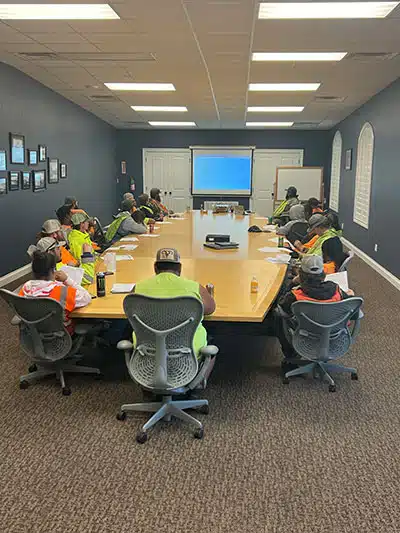
There are two main ways to exit your business: vertically and horizontally. Horizontally means that you passed away while owning your business, and you made no plans for the transition. This saddles your spouse and family with a tremendous amount of stress and a high probability of tax implications. The only ones who win under this circumstance are the IRS and the attorneys. Vertically means that you walked out your business door for the last time, and when you left, it continued to run as well as the last day you walked in. The tax implications for your eventual passing are minimal or non-existent, and there is no undue stress on your family because the plans are in place for a seamless transition… to someone.
Who is that someone? For our family, we have chosen the next generation. For others, it may be a transition to a single or group of valued employee(s). Still, others will decide to sell their business to another independent business or a consolidator. All of these are viable options. However, the ultimate success of any of these options depends on the planning and execution. The planning and execution depend on the time available. So, if you haven’t determined the key takeaway from this article, I will lay it out to you now. GET STARTED!
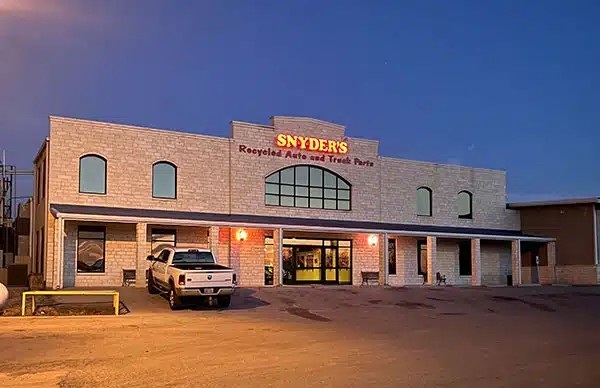
It is never too soon to find that dark room or that quiet porch in the sunset, but it could possibly be too late. Remember, we don’t know the time or the place that will be our last day here on earth. So, dream that dream. Create that goal. Make those calls. Find the person/people you need to help you through the journey. It will be rewarding if you are confident that you consider the options, made the right choices, and have enough time to execute.
Direct Source from Auto Recycling World
